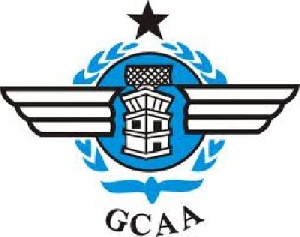The Ghana Civil Aviation Authority will by end of the year publish a directive to make domestic air travel accessible to the disabled.
The directive will, among other things, demand that within a year, all local airlines purchase larger aircrafts with flexible seats to cater for the physically challenged.
The Ghana society of the physically challenged last year sued three domestic airlines and the Ghana Civil Aviation Authority for refusing to sell flight tickets to persons with disabilities.
The society pleaded with the human rights division of the high court to ensure that respondents comply with section 28 (1) of the persons with disability act 2006, act 715.
The concerned parties subsequently proceeded to the negotiation table which has produced a revision of the GCAA safety regulations LI 2000.
One of the persons who sued the three airlines told TV3 in an interview that “considering the constraints within the local aviation industry, it has to always be a win-win situation. We haven’t gotten all that we want but they have put in good effort.
“We appreciate it and on the basis of that we want to go back to court to tell the court that we want to end the litigation and give them a chance.”
The draft directives will among other things ensure that all travel procedures from the airport till arrival are adapted to the needs of persons with disabilities.
Enforcement of the directives will begin a month after it is gazetted. However, aircraft that need reconfiguration have one year to do so.
The Ghana Civil Aviation Authority on its part said “the Cape Town convention has been submitted to parliament for ratification. Once the convention is passed, it means the when the airlines go to the market they can now get the aircraft at better terms of financing. It’s going to reduce their cost astronomically”
The Cape Town convention came into full force in 2006 but the parliamentary select committee on transport is yet to ratify it with the passing of the civil aviation law.
The treaty will facilitate asset-based financing and leasing of aviation equipment, and reduce cost for local airlines to acquire larger aircraft.
Business News of Sunday, 29 November 2015
Source: tv3network.com

















